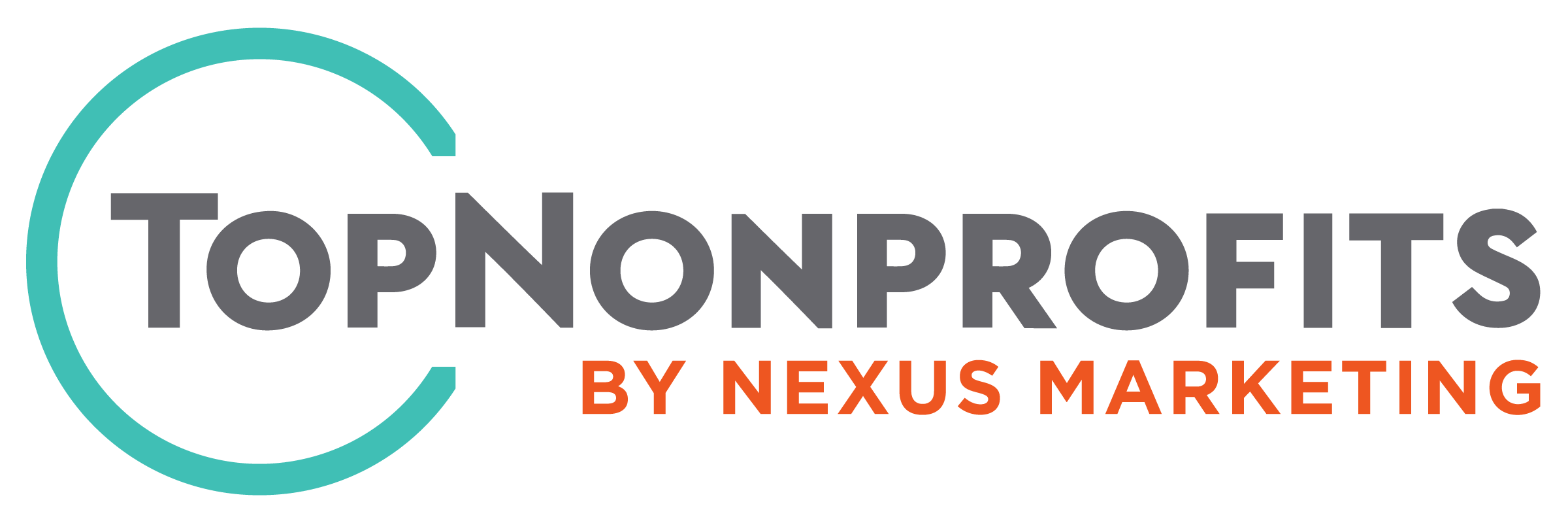Does your board get it? Do they really understand turn-over in your development department? Are your board members committed for the long run? Or do they expect money to arrive quickly when things are tight? Check out this list of 9 things your board members must know about fundraising.
Gail Perry of Fired Up Fundraising raises some great questions for your board members in a quiz entitled Does Your Organization Really Support Fundraising? Take the quiz and hone in on what your board members need to understand. Raising more money doesn’t happen overnight; consistency and being in the game for the long haul are just two important qualities of successful fundraising programs.
A closer look at your board may reveal that some members really don’t understand what the development director does. And they may not understand what it takes to succeed.
Perry points out that board members need to grasp the real deal when it comes to raising money. She lists nine aspects each board member should understand:
1. Fundraising is different today. Data and planning are top tools. This is just not about “asking people for money”.
2. Donor love isn’t just for when you get a contribution. Consistent engagement, communications, and customer service are always appropriate for your donors and friends.
[adrotate banner=”41″]
3. Retaining your donors is more important than getting new ones. Attrition is your enemy. Your development staff and board are working hard enough already not to pay attention to keeping the donors you have. At a glance, your donor list may look stable, but new and lapsed are always categories to monitor.
4. Diversity in tactics pays off. Events are the least effective way to make money, but diversifying the audiences you reach for direct asks is good strategy.
5. Fundraising has ROI. Consider the development staff, tools, and expenses are an important investment.
6. The fundraising plan is one in which both board and staff participate. Knowing and working the plan is what board members should do.
7. Do what I do. Before asking others for similar commitments, board members should fulfill their annual fund pledges and set up planned giving and partial IRA contributions. Perry stresses that a board credibility in asking others for support is only as good as that board’s own giving patterns.
8. Boards are both legal and fiduciary responsibility. Members must be aware of and take this duty seriously.
9. A culture of fundraising nurtures more fundraising. Every nonprofit needs to be joyful about raising money, Perry reminds us. If board members are averse to raising money, their organization suffers.
Read more about each of these board essentials on Gail Perry’s site.
